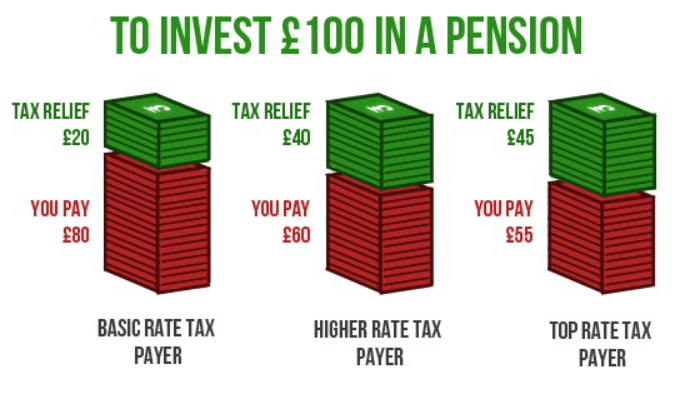How Has My Pension Been Affected By The Autumn Budget?
- Editorial Staff

- Jan 8, 2025
- 3 min read
The Budget of His Majesty's Government, also known as the Autumn Budget, is an annual budget set by HM Treasury. It is announced in the House of Commons by the Chancellor of the Exchequer, typically in the Autumn, to allow significant tax changes to occur before the start of the next fiscal year in April.
After weeks of speculation for those in the UK, the Autumn Budget for 2025-26 was announced by Chancellor of The Exchequer Rachel Reeves on the 30th of October 2024, accompanied by a full statement from the Office for Budget Responsibility (OBR).
While there were many key announcements in the Autumn Budget, this article explores four pension-related announcements that savers across the UK need to know so they can accurately calculate their pension.
Lump Sums Aren't Changing
Savers can withdraw the money in their pension after turning 55 (rising to 57 in 2028), with the first 25% of the pot being a tax-free lump sum, up to £268,275.
For example, if you have a pension pot worth £90,000, you could withdraw £22,500 tax-free. Meanwhile, someone with a £1075,000 pension pot will only receive the capped taxi-free limit of £268,275.
Unfortunately, this year's Autumn Budget highlighted that there would be no change in the Pension Commencement Lump Sum you can withdraw at retirement, remaining at just 25%.
Tax Relief Hasn't Increased
Carrying on with the bad news, pension tax relief also hasn't increased. Basic rate, higher rate, and additional rate taxpayers will continue to receive the same tax relief on their personal pension contributions.
Tax relief remains at 25% for basic-rate taxpayers, 40% for higher-rate taxpayers, and 45% for additional-rate taxpayers.
For example, if you're a basic rate taxpayer, adding £200 to your pot means you no longer owe the 25% basic rate income tax on that amount. So, the government will put the extra 25% (in this case, £50) into your pension as a 'tax bonus'.

(Image Source: Outsourced ACC)Employer's National Insurance Tax Is Increasing
If you're an employee, it'll be helpful to know that, from April 2025, the rate of employer National Insurance (NI) contributions will increase from 13.8% to 15%. In addition, the tax threshold will be lowered from £9,100 to £5,000 per employee.
This NI increase means employers will pay more tax for each employee, meaning they might introduce a salary sacrifice option that allows you to allocate a higher portion of your pre-tax income directly into your pension. This would lower your taxable salary, reduce NI contributions for you and your employer, and increase your pension pot.
Pensions No Longer Exempt from Inheritance Tax
Inheritance Tax (IHT) is the percentage of tax paid by a person who inherits money or property from a person who has died. Previously, pension assets were often exempt from IHT, meaning they could be passed on free of tax.
However, from April 2027, any money left in your pension could be subject to 40% IHT. Additionally, if the person receiving the pension assets or death benefits is an additional rate taxpayer, then the funds would be subject to 67% IHT.
State Pension Payments Increase
Those who have already reached retirement age will be pleased to know that you’re about to receive more money in your pocket each month, thanks to the increase in state pension payments.
The state pension is a payment made every four weeks by the government to those who have reached the qualifying retirement age and have paid enough National Insurance contributions.
The amount increases in line with the triple lock arrangement, which guarantees that pension payments will rise by either 2.5%, inflation, or earnings growth - based on whichever is the highest figure.
In the Autumn Budget, the government confirmed that Basic and New State Pension payments will increase by 4.1% from April 2025 to April 2026 - in line with wages, which have risen by the same percentage.
How Is My Pension Affected?
Well, the Autumn Budget did come with some bad news for savers. Not only must you be careful how much you leave behind for loved ones due to pension assets no longer being exempt from IHT, but you also won't see a rise in tax-free lump sum payments or tax relief anytime soon.
However, those already receiving their pension will benefit from the increase in the state pension payments, and some employees may benefit from the possibility of a boosted pension pot if they're willing to take a salary sacrifice.
Related Content



